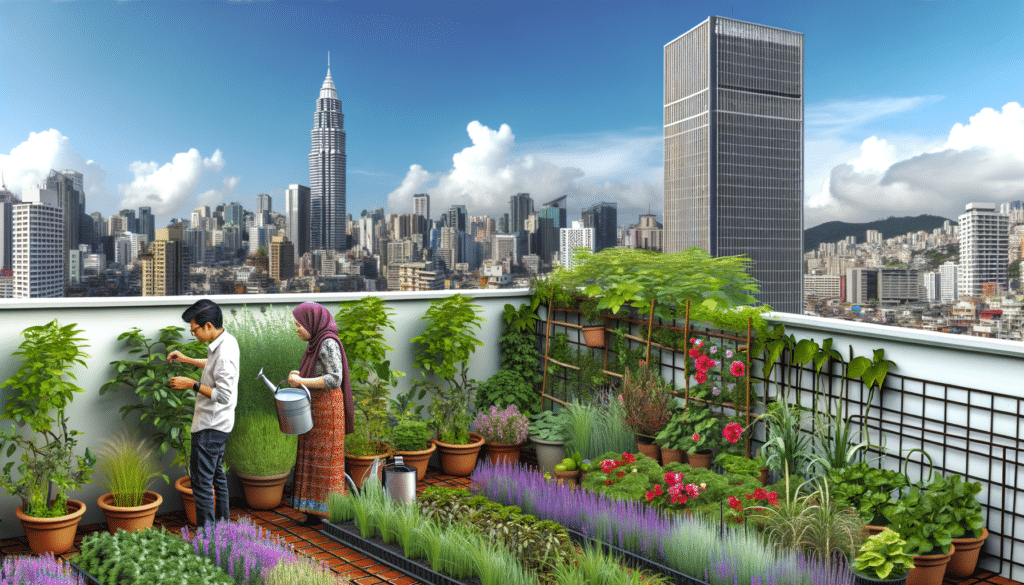Discover the Joy of Urban Gardening
Benefits of Urban Gardening
Urban gardening is becoming increasingly popular as more people look for ways to reconnect with nature, even in densely populated environments. There are numerous advantages to starting an urban garden, from improving mental health to providing fresh produce. Gardens in urban settings can serve as a sanctuary from the hustle and bustle of city life, offering a tranquil place to relax and unwind. Additionally, the presence of plants can improve air quality, which is especially valuable in areas plagued by pollution.

How to Start Your Urban Garden
Getting started with urban gardening doesn’t require a large space or extensive knowledge. The first step is to assess your available space and light conditions. Whether you have a small balcony, a rooftop, or merely a windowsill, you can grow a variety of plants suited to your environment. Selecting the right containers is also crucial; consider using vertical gardens or hanging pots to maximize space. Once you have your space prepared, choose plants that thrive in your climate and light conditions. Herbs, vegetables, and flowering plants are all excellent choices for urban gardens.
Choosing the Right Plants
Not all plants are suitable for urban gardening, so it’s essential to choose varieties that will flourish in your specific conditions. Consider starting with hardy plants that require minimal maintenance, especially if you are new to gardening. Herbs like basil, rosemary, and mint are great for small spaces and can be easily grown in pots. For those looking to grow vegetables, tomatoes, peppers, and lettuce are excellent options that can thrive in containers. Additionally, incorporating flowering plants such as marigolds or petunias can add a splash of color while also attracting beneficial insects.
Maintaining Your Urban Garden
Consistent care is essential to maintaining a healthy and thriving urban garden. Establish a regular watering schedule that matches the needs of your plants, and be mindful of weather conditions that may necessitate additional watering. Regularly check for pests and diseases, and take prompt action to prevent any infestations from spreading. Pruning and trimming your plants will encourage growth and keep them looking their best. Additionally, using organic fertilizers can provide the necessary nutrients for your plants without introducing harmful chemicals into your environment.
The Social Aspect of Urban Gardening
Urban gardening is not just about growing plants; it also fosters community engagement and social interaction. Joining a local gardening club or community garden can provide an opportunity to share knowledge, resources, and experiences with fellow gardeners. Community gardens often serve as a hub for neighborhood activities, bringing people together and creating a sense of camaraderie. These spaces can also provide educational opportunities for children and adults alike, teaching valuable skills and raising awareness about the importance of sustainability and environmental stewardship.
